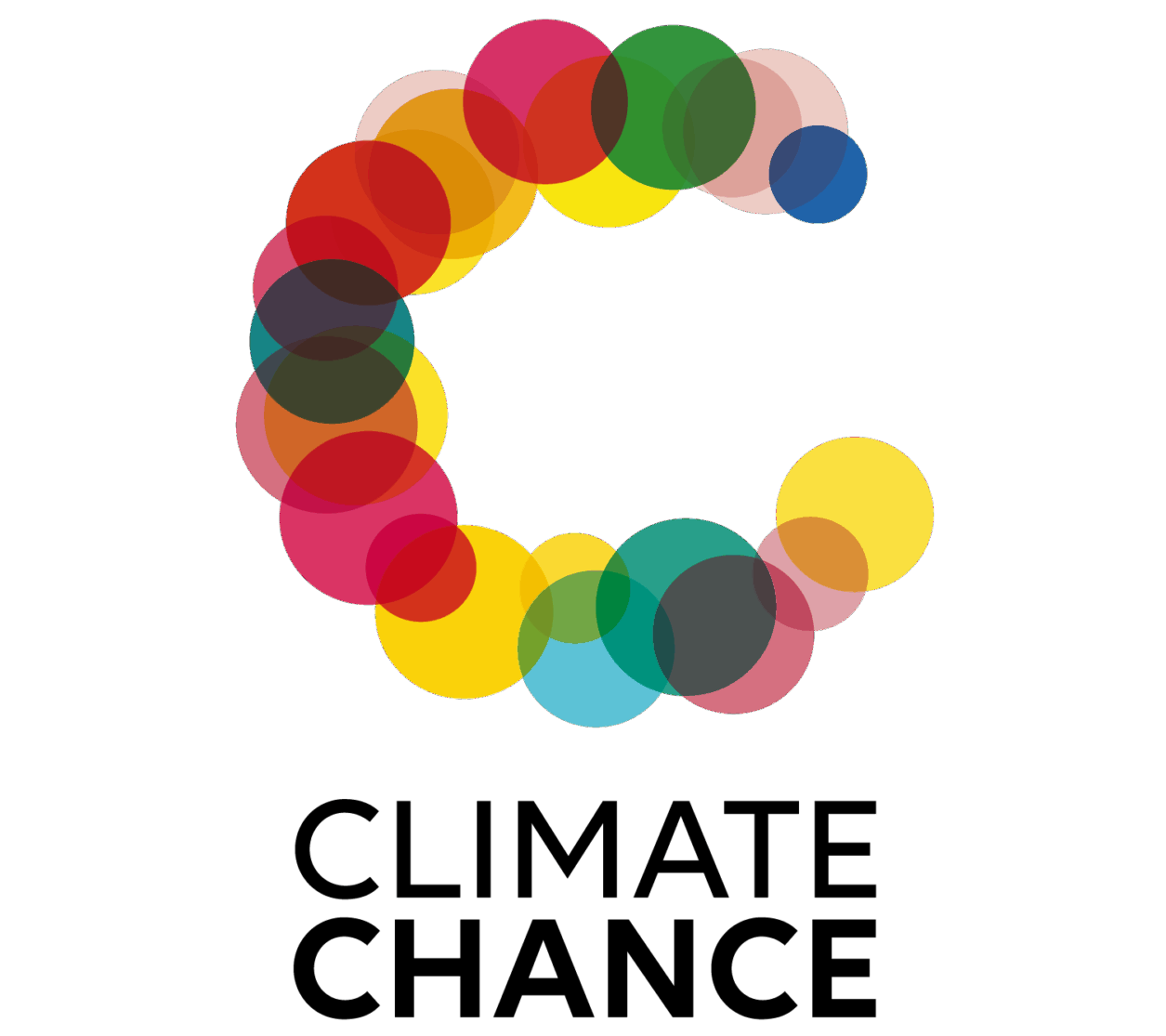The Marseille Declaration “Strengthening Europe-Africa Cooperation on Climate Change Adaptation” was adopted during the Climate Chance Europe-Africa Summit held on March 31st and April 1st, 2025, organised by the City of Marseille and the NGO Climate Chance. As an organising partner and signatory of the Marseille Declaration, ICOS ERIC affirmed its commitment to making high-quality data a foundation for equitable, global climate action.
Bringing together 1500 participants from over 40 countries across Africa and Europe, representing a wide range of non-state actors, the Climate Chance Europe-Africa summit dedicated several of its sessions to reinforcing cooperation with Africa on the crucial issue of climate adaptation.
Collectively drafted, the Marseille Declaration is the first detailed roadmap ever established to strengthen this collaboration. It emphasizes in particular:
– Scientific cooperation
– Financial mobilisation and easier access to dedicated tools
– The key role of local action and forms of housing
– The importance of economic actors and their networking
– Solutions combining mitigation and adaptation, such as nature-based solutions.
KADI project goals align closely with the Marseille Declaration
KADI aligns closely with the principles outlined in the Marseille Declaration, as both emphasise the need for strengthened adaptation policies, enhanced Europe-Africa cooperation, inclusive stakeholder engagement in climate resilience efforts and a stronger voice for Africa.
- KADI supports the integration of scientific knowledge into policy frameworks. This aligns with the Marseille Declaration’s emphasis on enhancing adaptation strategies in Europe and Africa through evidence-based policymaking.
- KADI fosters cross-continental collaboration using African and European expertise and related networks.
- KADI’s knowledge-sharing component contributes to the exchange of best practices, mirroring the Declaration’s goal of strengthening cooperation.
- KADI engages with different stakeholders. The involvement of scientists, businesses, civil society, and local authorities in adaptation strategies is also highlighted by the Marseille Declaration. KADI relies on co-creation, ensuring that local communities and contexts are involved in designing solutions.
- KADI supports training, ensuring that scientific and non-scientific communities are well-informed and climate-adaptive. This aligns with the Declaration’s push for grassroots engagement in adaptation efforts.
“By linking scientific excellence with real-world examples and co-design in the KADI Project, ICOS ERIC supports stronger collaboration between Europe and Africa, and helps ensure that climate policies are grounded in trusted, long-term observation systems,” states KADI project manager Dr. Theresia Bilola. “The Climate Chance Observatory tracks African climate action, while KADI – led by ICOS ERIC – builds towards the observation network to support these actions. Together, they form a pipeline from local observation to continental cooperation and global policy relevance,” Theresia adds.
In a context marked by a sharp decline in public development aid, it was essential for stakeholders engaged in climate issues to speak out, reaffirming both the urgency of the situation and the challenges we must collectively confront. We firmly believe that in a world under strain, cooperation and solidarity are essential responses to prevent the multiplication of conflicts and crises.


